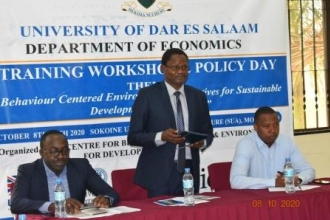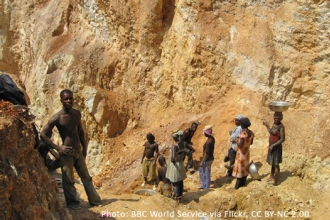Policy Note: Policy Responses to Ensure Access to Water and Sanitation Services During COVID-19: Snapshots from the Environment for Development (EfD) Network
This policy note provides a snapshot of water and sanitation measures implemented by governments in response to the COVID-19 pandemic in 14 countries in the Global South: Costa Rica, El Salvador, Guatemala, Honduras, Nicaragua, Chile, Colombia, Ghana, Kenya, Nigeria, Panama, South Africa, Uganda and Vietnam. We find that many countries have taken action to stop utility disconnections due to non-payment.




